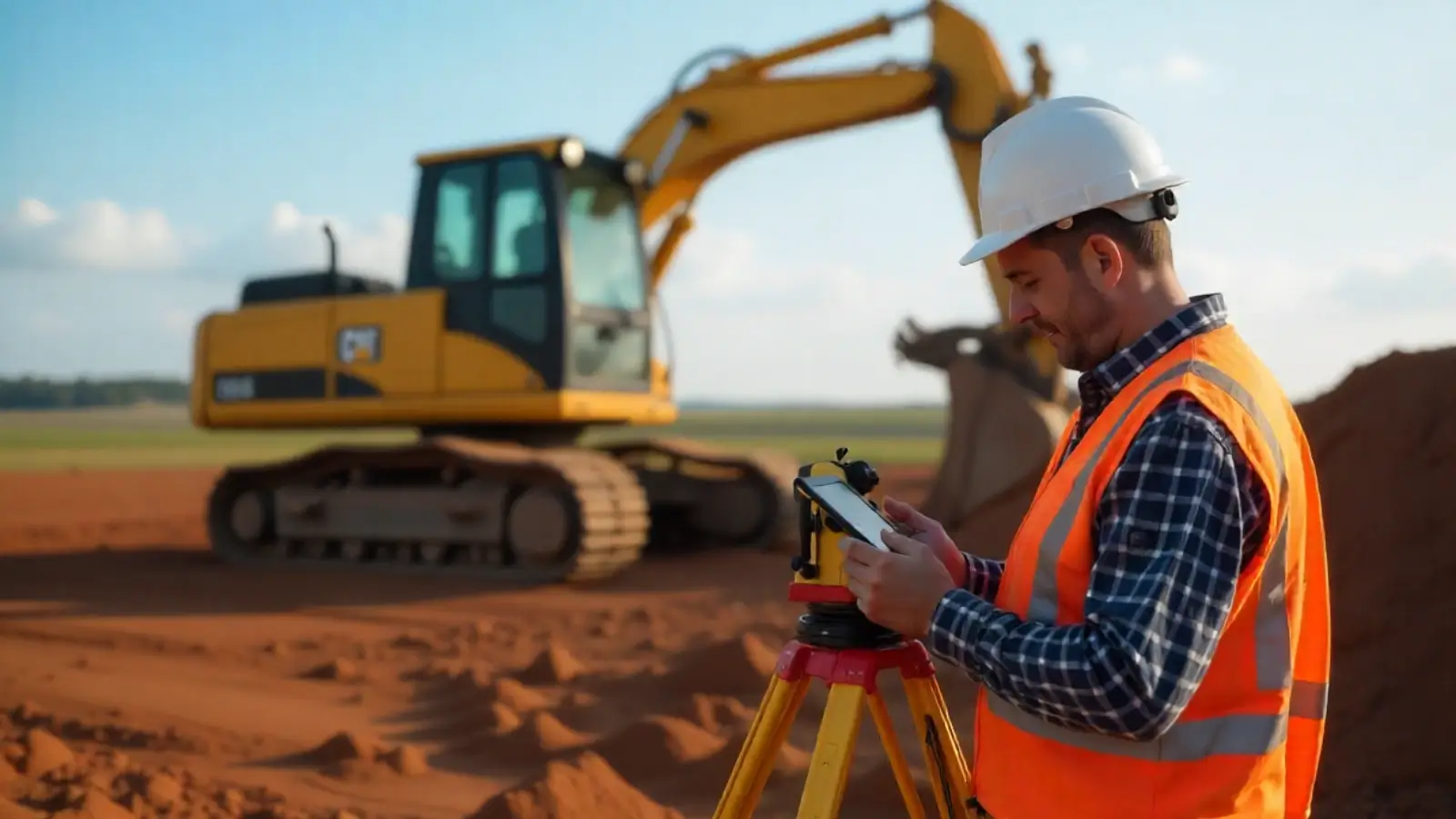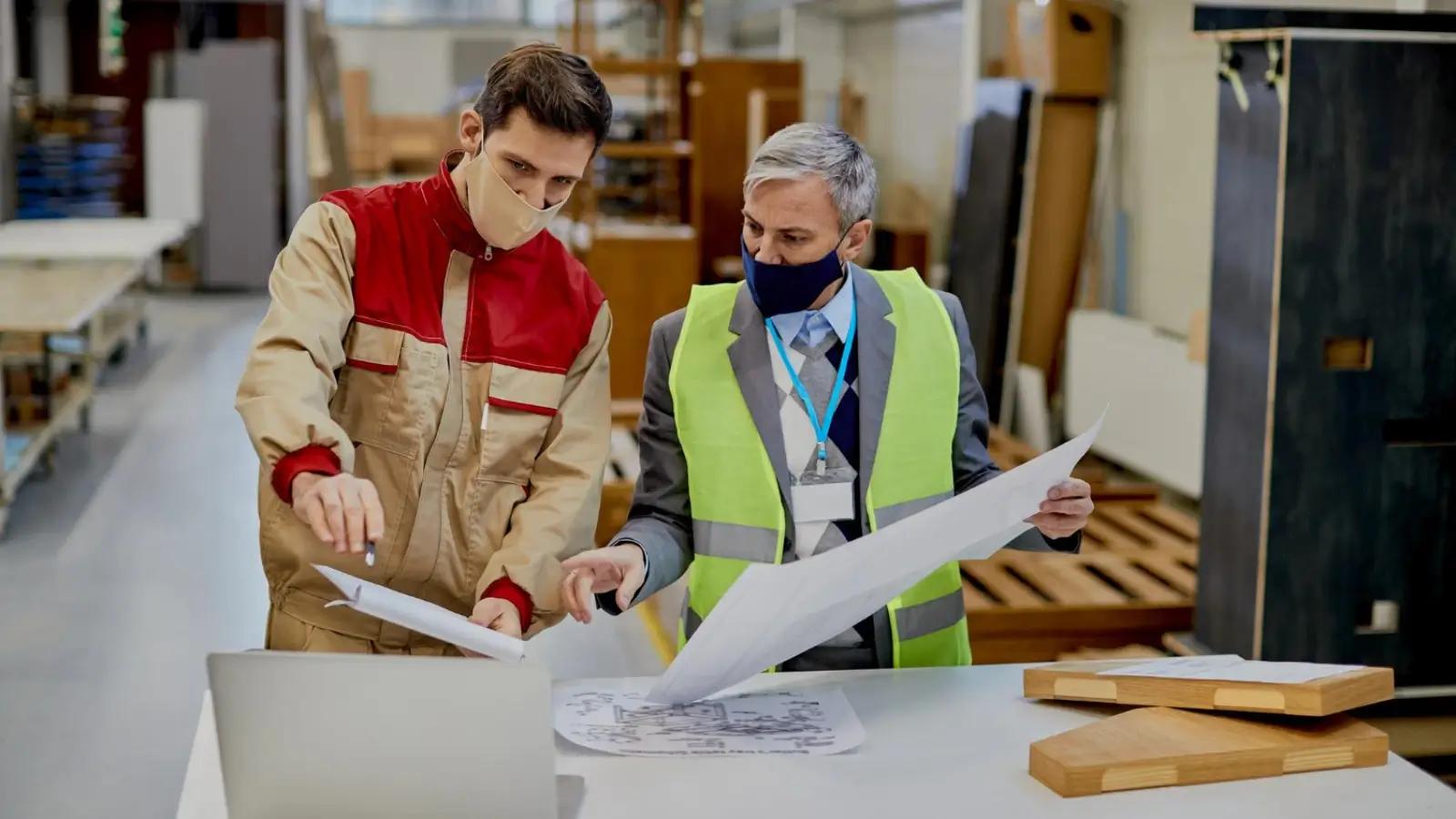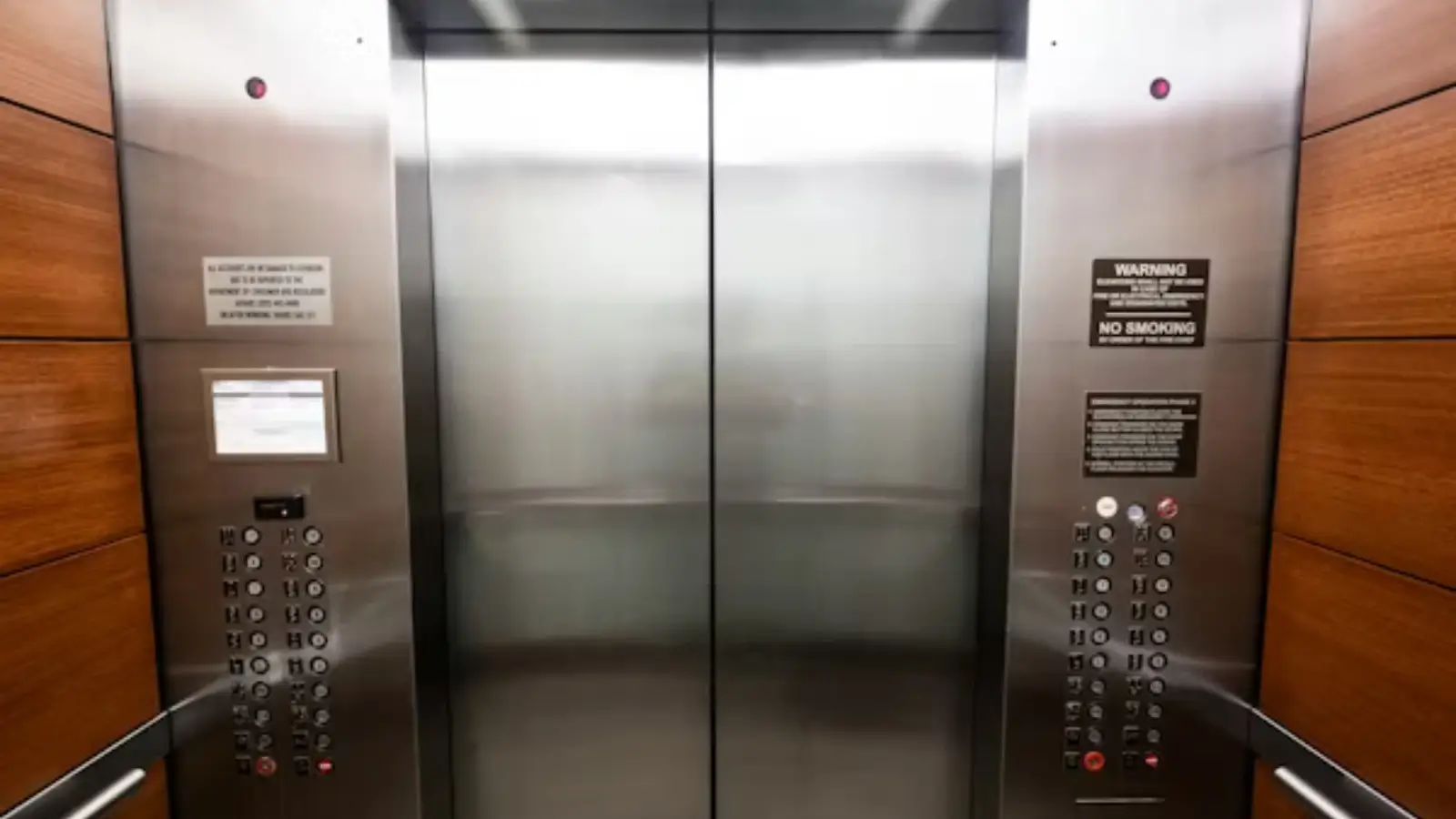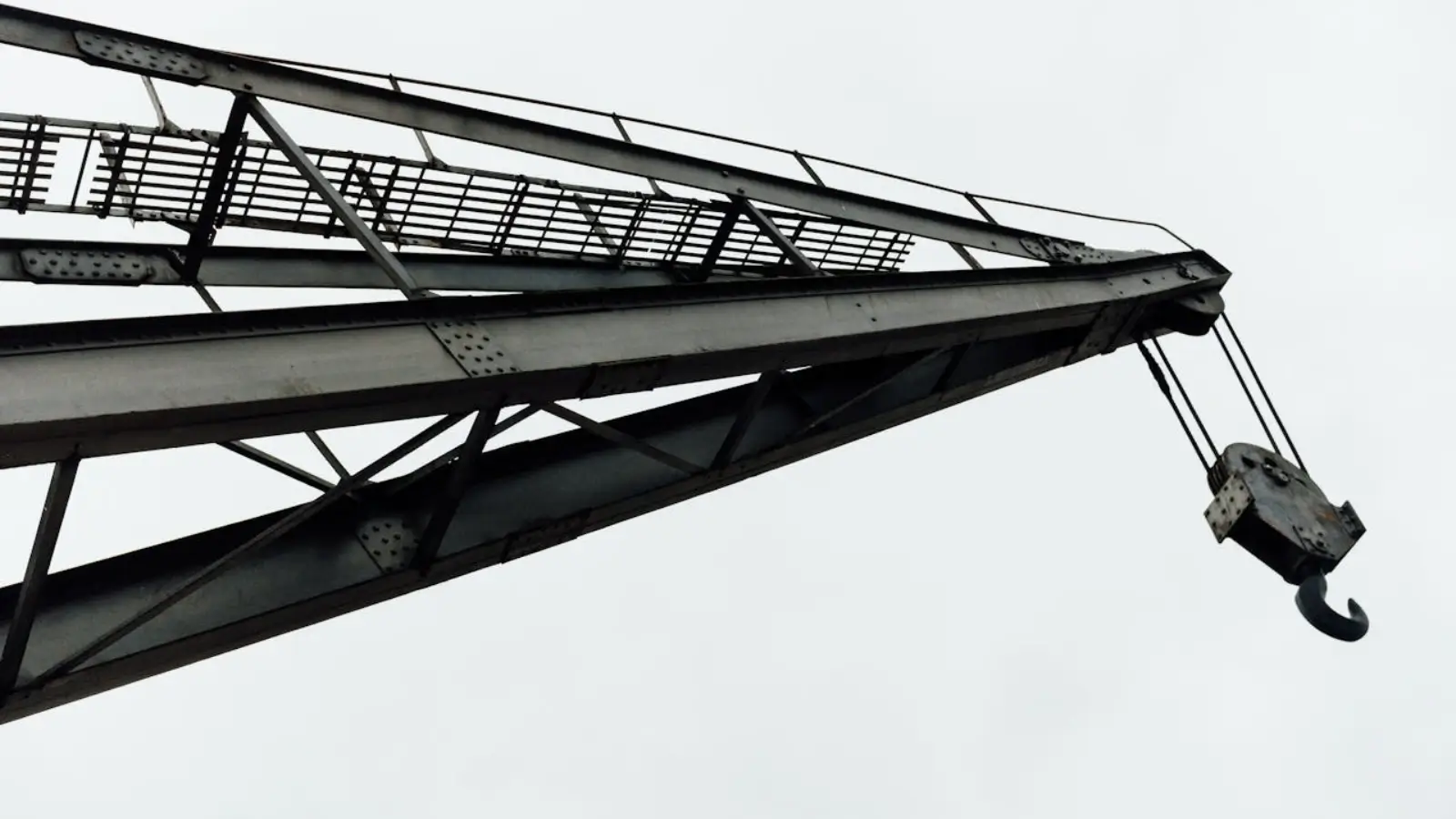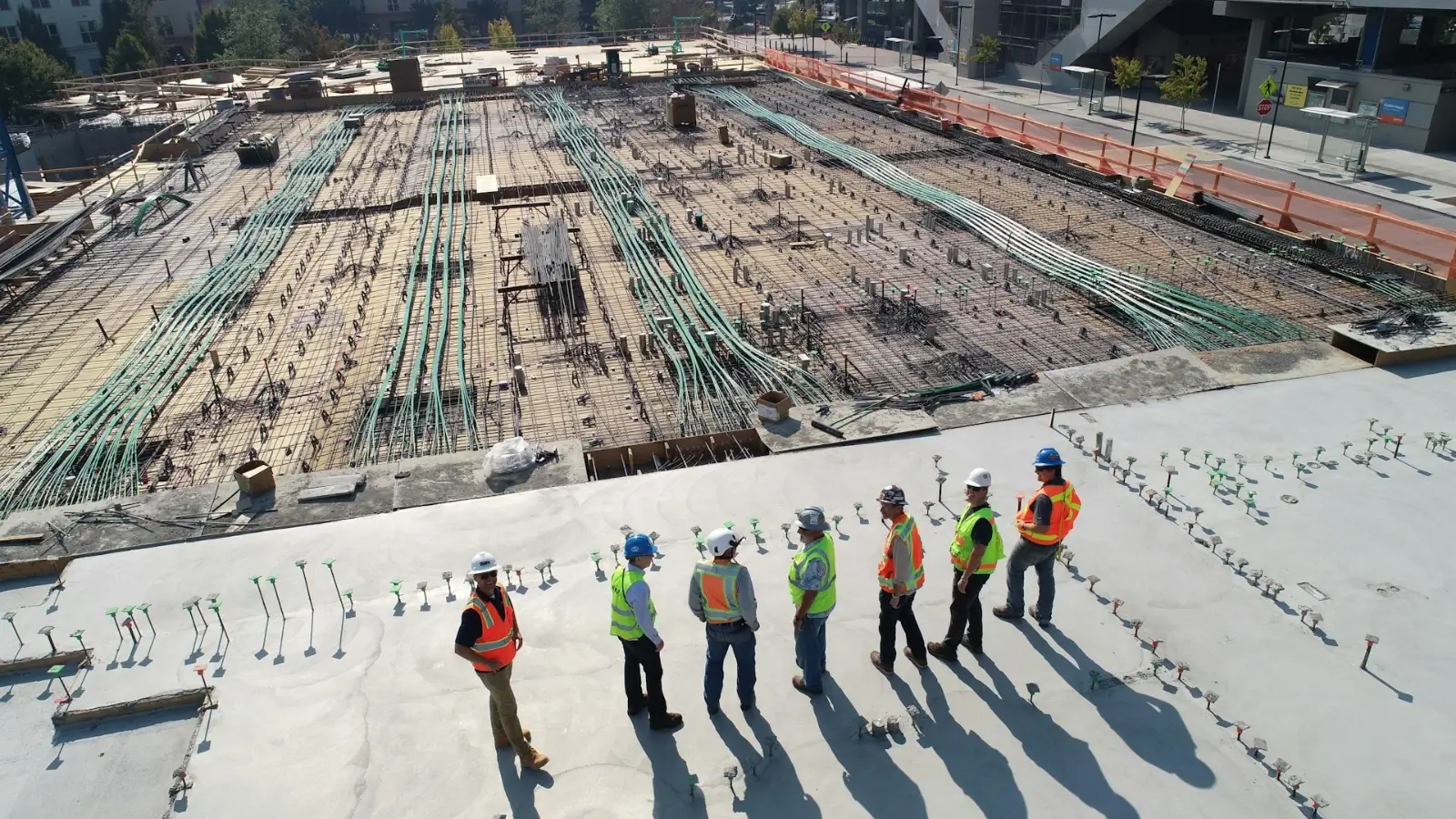Augmented Reality (AR) and Virtual Reality (VR) are revolutionizing collaboration in the construction industry, with major technology companies like Autodesk, Microsoft, Qualcomm, Unity, and Vuzix leading the charge by providing innovative hardware, platforms, and applications tailored to the sector's unique needs. These technologies address the challenges faced by construction professionals, including complex project sites, strict deadlines, safety concerns, and budget constraints, while also striving to improve efficiency and sustainability.
AR technology enables users to overlay digital data onto the real-world environment, providing valuable insights and enhancing decision-making processes. By leveraging real-time sensor information, location data, audio/video feeds, and graphics, AR applications facilitate progress monitoring, interactive 3D modeling, and early error identification. One of AR's key advantages is its ability to support collaboration among distributed teams, allowing multiple stakeholders to view and interact with the same information simultaneously. Additionally, specialist AR headsets equipped with microphones and headphones enable remote experts to communicate visually with on-site workers in real-time, offering virtual instructions and callouts to aid complex installations. This not only streamlines decision-making but also reduces travel costs and enhances overall project efficiency.
Autodesk, a leading provider of design and engineering software, has significantly expanded its AR and VR capabilities through strategic acquisitions and product developments. The acquisition of The Wild and its cloud-based VR platform, IrisVR, has bolstered Autodesk's offerings in this space. In 2023, Autodesk introduced Workshop XR, a mixed reality design review platform designed specifically for architecture, engineering, and construction (AEC) professionals. Workshop XR enables collaborative review and problem-solving of 3D models in a shared virtual environment, addressing common challenges associated with traditional design reviews, such as difficulty visualizing building information modeling (BIM) data. By allowing real-time interaction with 3D content in a virtual workspace directly connected to Autodesk Construction Cloud data, Workshop XR streamlines the design process and enhances project coordination. Moreover, the platform is compatible with Meta Quest headsets, ensuring accessibility and usability for users across different devices.
Overall, AR and VR solutions are transforming collaboration in the construction industry, empowering professionals to work more efficiently, make informed decisions, and deliver projects with greater precision and accuracy. As technology continues to evolve and adoption rates rise, these innovative tools will play an increasingly pivotal role in driving progress and innovation within the construction sector.










